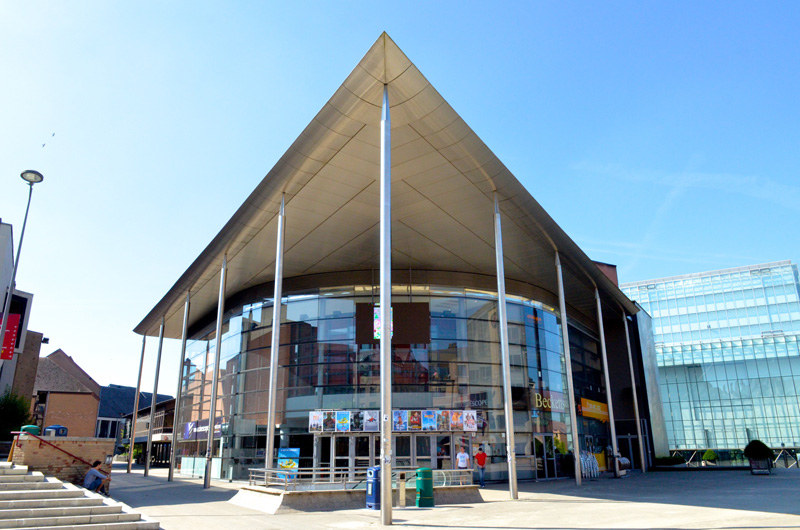
(“Montage”=”the creation of a sense of meaning not proper to the images themselves but derived exclusively from their juxtaposition.”)

“the reenforcing of the meaning of one image by association with another image not necessarily part of the same episode”.illusion of increasing speed of something by using “a multiplicity of shots of ever-decreasing length”.“two actions taking place at a geographical distance by means of alternating shots from each”.He goes into detail with three types of montage: He first discusses what was believed to make up the language of cinema-image and montage. “The meaning is not in the image, it is in the shadow of the image projected by montage onto the field of consciousness of the spectator.”

(“Image”=”everything that the representation on the screen adds to the object there represented.”) Directors who put their faith in reality.Directors who put their faith in the image.In cinema between 19, he sees two trends: Summary of the essay: The essay advocates for realism in film by saying that film can not only add to reality, but can also, more importantly, further reveal reality-shaping the spectators’ worldview.īazin starts with discussing the end of silent film, which, he asks might have been “the birth of a new cinema”. More hopeful news from the time, Mother Teresa opened the Home for the Dying Destitutes in Calcutta, India.

In America, McCarthyism was beginning, and the “Iron Curtain” descended upon Europe, deepening the Cold War. Mini history lesson: In the 1950s when this essay was published the Korean War (1950-1953) was the hot topic-France sent military volunteers to help with the war. This particular essay was first published in the early 1950s, and then was included in Bazin’s multi-volumed book What is Cinema?, or Qu’est-ce que le cinéma? Bazin started to write about film in 1943 and was a co-founder of the film magazine Cahiers du cinéma. He believed that the interpretation of a film or scene should be left to the spectator. About the essay & author: “The Evolution of the Language of Cinema” is a classic essay of film criticism by French film theorist André Bazin (April 18, 1918-November 11, 1958).


 0 kommentar(er)
0 kommentar(er)
